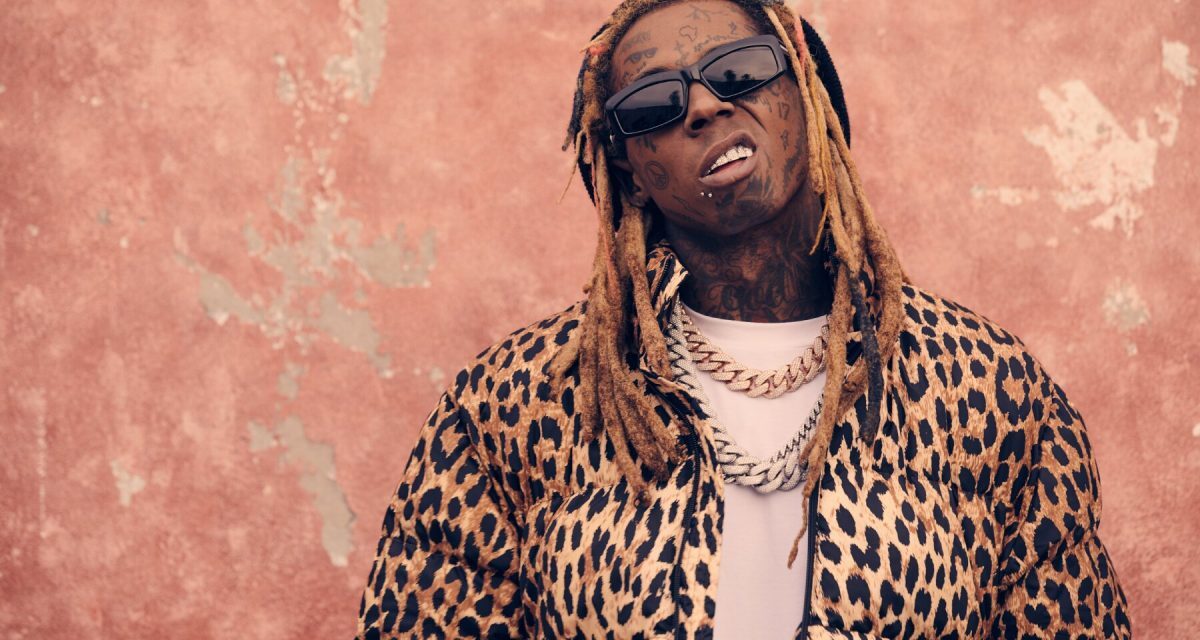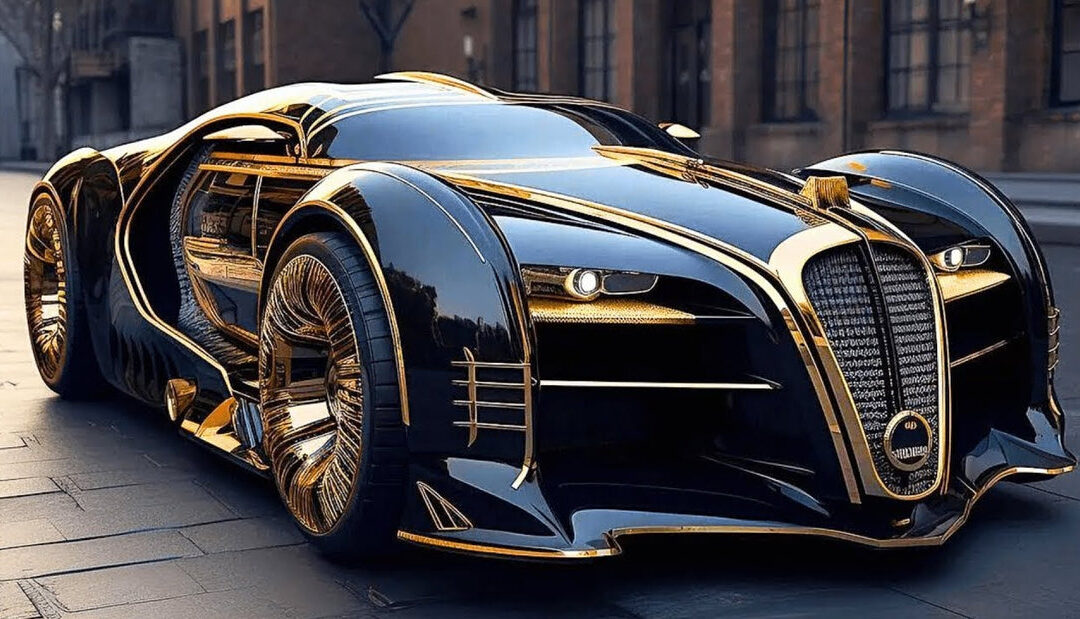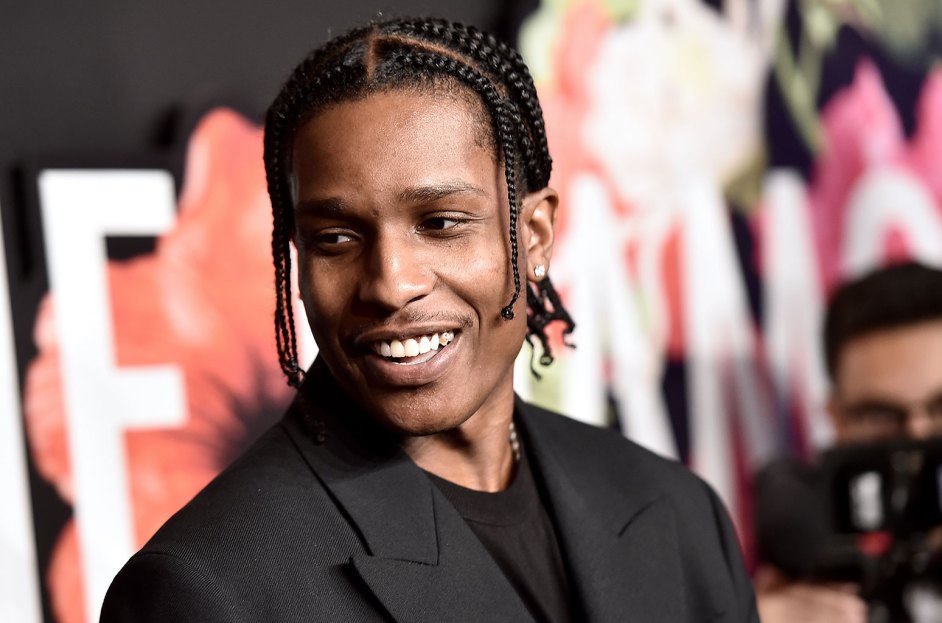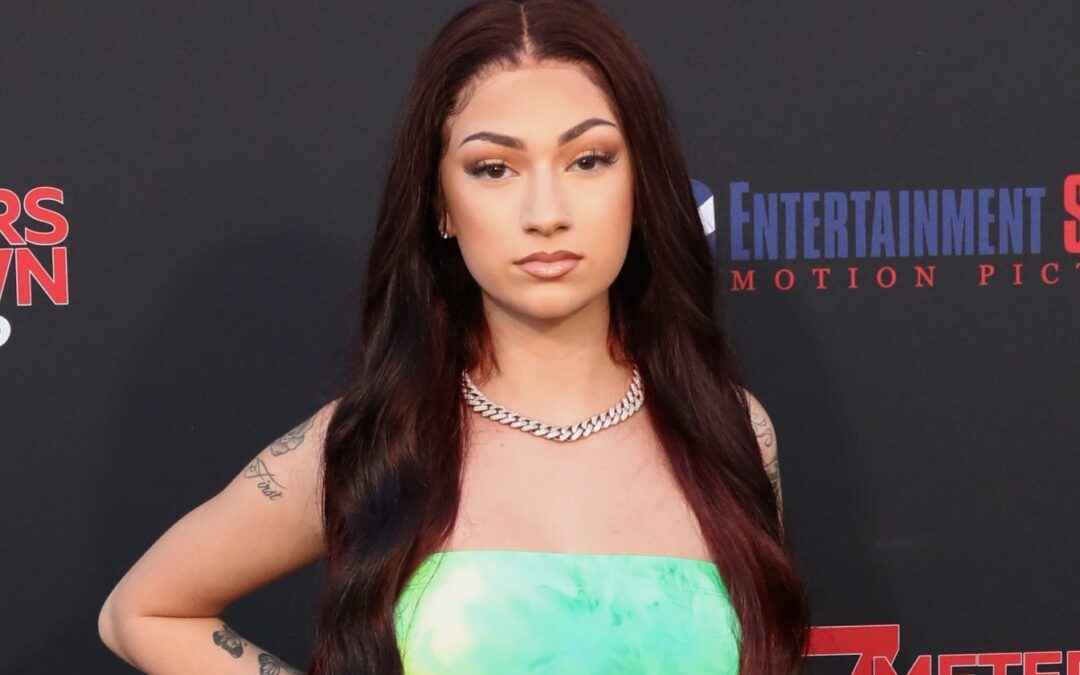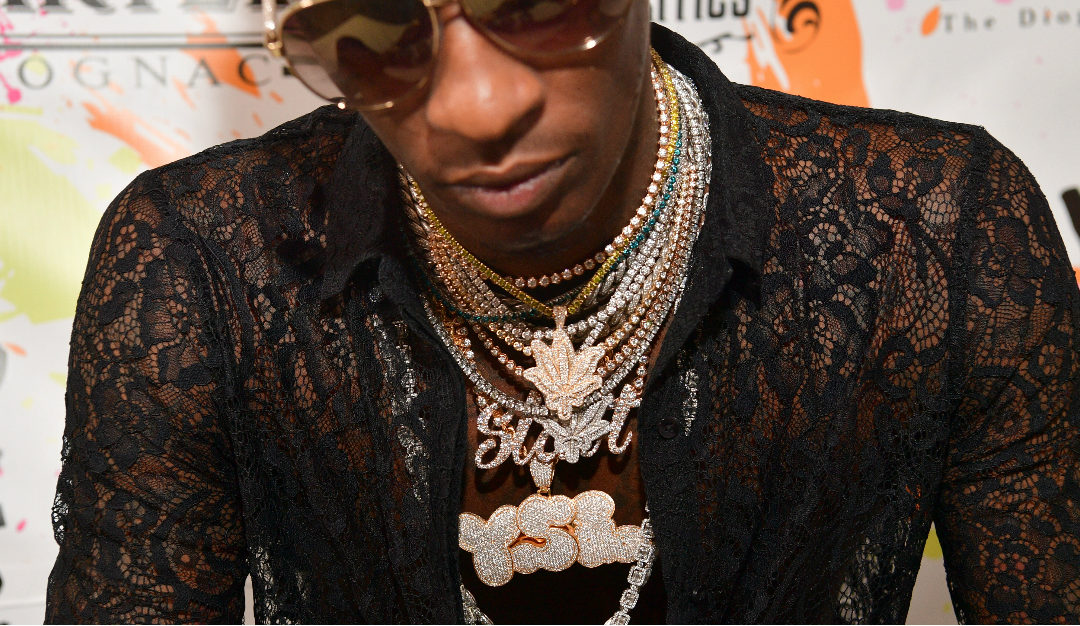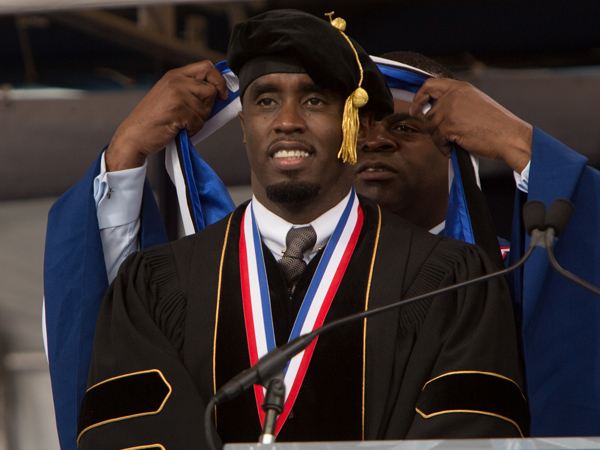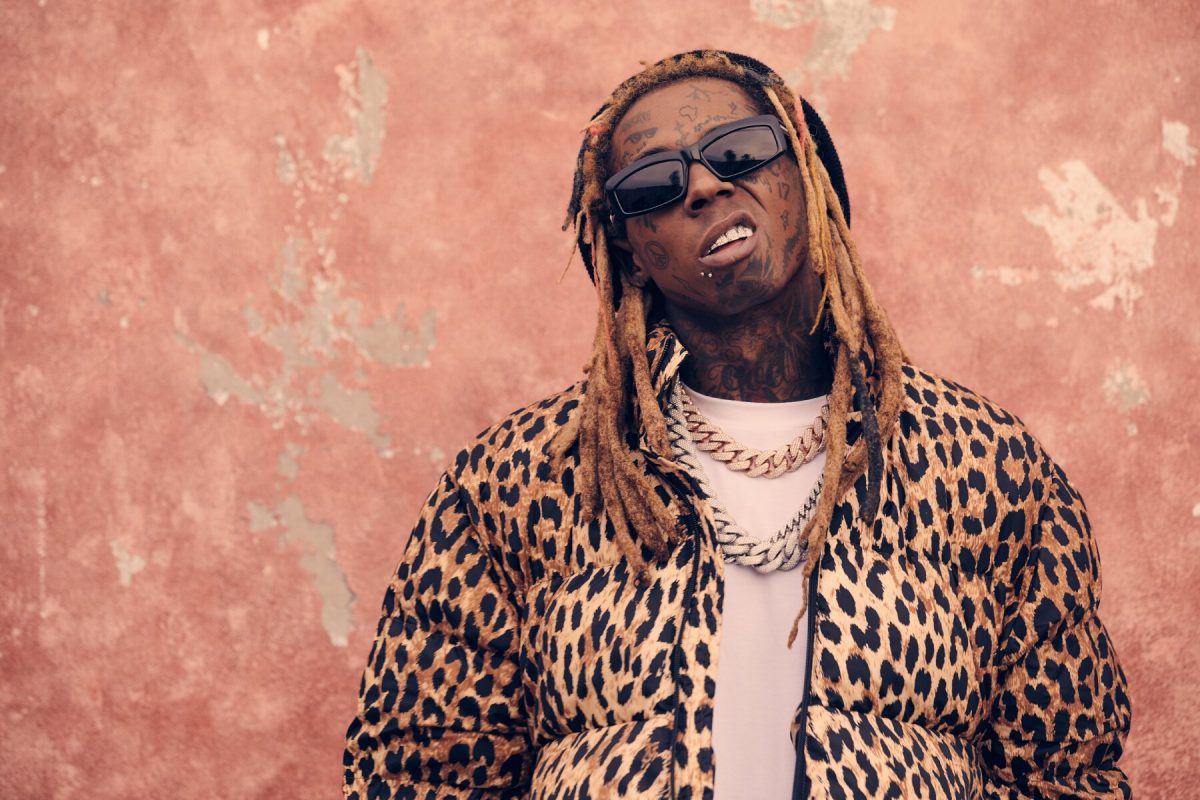
13 Ways Lil Wayne Revolutionized Hip-Hop
Lil Wayne, born Dwayne Michael Carter Jr., has had an indelible impact on the world of hip-hop. With a career that spans over two decades, the New Orleans native is often cited as one of the most imaginative and technically skilled rappers of all time. From his innovative sound to his fashion choices, Lil Wayne’s influence on music, culture, and style is undeniable. Here are 13 ways Lil Wayne revolutionized hip-hop, shaping the genre in ways that continue to resonate today.
1. Mastery of the Mixtape Game
Lil Wayne is widely recognized for transforming how listeners viewed mixtapes. His “Dedication” and “No Ceilings” series set a new standard for underground releases, establishing him as a versatile and relentless lyricist. Mixtapes, which were once considered stepping stones to albums, became full-fledged cultural phenomena under Wayne’s reign.
2. Introduction of Metaphorical and Punchline-Heavy Lyrics
Known for his intricate wordplay and creative metaphors, Lil Wayne has elevated the art of the punchline. He brought a layered intricacy to his bars, often leaving listeners in awe of his ability to blend humor with serious themes. The evolution of today’s lyricists can often be traced back to Wayne’s trailblazing approach.
3. Autotune Pioneer
Lil Wayne embraced autotune at a time when the tool was controversial. Albums like “Tha Carter III” and songs like “Lollipop” showed how effective autotune could be in shaping vocal textures, inspiring later artists like Kanye West and Future to further experiment with this technique.
4. Mentorship of Young Talent
As a mentor and the face of Young Money Entertainment, Lil Wayne played a pivotal role in the careers of modern legends like Drake and Nicki Minaj. His ability to cultivate younger talent has left a lasting heritage in the current hip-hop landscape, with both Drake and Nicki now being icons in their own right.
5. Blurring the Lines Between Hip-Hop and Other Genres
Wayne was one of the first rappers to continuously collaborate with artists from different genres, including rock, EDM, and pop. His cross-genre collaborations, like “Prom Queen” and his work with Travis Barker, challenged the boundaries of what hip-hop could encompass, paving the way for a more diverse musical palette in the industry.
6. Inventive Freestyle Techniques
Known for his ability to rap without writing down lyrics, Lil Wayne is one of the most effective exponents of off-the-cuff freestyle rapping. His spontaneous flow, often punched in line-by-line in the studio, redefined how many artists approach song creation today.
7. His Iconic Voice and Delivery
Lil Wayne’s distinctive voice and unique delivery have set him apart from other artists. His raspy tone, combined with a flexible cadence, allows him to venture across multiple styles and paces, making his sound instantly recognizable.
8. Fashion Influence: Skater Culture and Beyond
Wayne’s influence extends beyond music to the world of fashion. He embraced skate culture when it was nearly unheard of in the hip-hop community, frequently spotted wearing skater brands and streetwear. His fearless fashion choices, including experimenting with tighter clothing and brightly colored apparel, changed the way many rap artists approach their own wardrobes.
9. Constant Evolution of Sound
Unlike artists who prefer to perfect one particular style, Lil Wayne constantly reinvents his sonic identity. From his raw sound in “Tha Block Is Hot” to the more polished, experimental elements of “Tha Carter III,” Wayne’s versatility has earned him a permanent spot in the upper echelon of hip-hop history.
10. Longevity and Consistency
Few rappers can claim a decades-long career that stays relevant, but Lil Wayne has managed to do just that. Continuously releasing projects since the late ‘90s, Wayne’s consistency in both quality and quantity has earned him an unwavering presence in the industry despite the introduction of new generations of artists.
11. Business Acumen
Beyond his artistry, Wayne has proven to be a savvy business mogul. His establishment of Young Money Entertainment allowed him to not only foster fresh talent but also build an empire with high-charting artists. This approach has influenced how many rappers think when it comes to building their own business ventures and labels.
12. Pioneering the “Martian” Persona
Lil Wayne likened himself to a “Martian” on numerous occasions, especially in his highly acclaimed “Tha Carter III” era. By establishing himself as a one-of-a-kind figure in hip-hop, Wayne successfully distinguished himself from the pack with this out-of-this-world persona, further solidifying his legend.
13. Creating a Platform for Independence in Music
Despite his heavy association with Cash Money Records, Wayne continually expressed his desire for creative and financial autonomy, particularly in later years. His struggles with label disputes and subsequent independence have become a roadmap for younger artists in asserting control over their own material, leading to a new awareness of artist rights in the industry.
Conclusion
Lil Wayne didn’t just influence hip-hop; he reshaped it from the inside out. His unmatched lyricism, inventive style, cross-genre collaboration, and ability to stay ahead of the curve have made him one of the most visionary artists of our time. Whether it’s his surreal metaphors or game-changing business decisions, Wayne continues to be a force not only in music but in wider pop culture.

